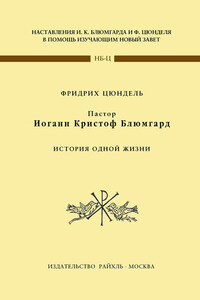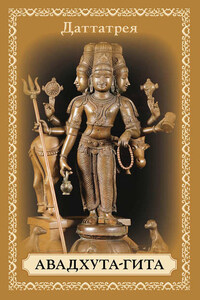ANTHONY STORR
FEET OF CLAY
A STUDY OF GURUS
HarperCollinsPublishers Ltd. 1 London Bridge Street London SE1 9GF
www.harpercollins.co.uk
First published in Great Britain by HarperCollins Publishers 1996
Copyright © Anthony Storr 1996
Anthony Storr asserts the moral right to be identified as the author of this work
A catalogue record for this book is available from the British Library
All rights reserved under International and Pan-American Copyright Conventions. By payment of the required fees, you have been granted the nonexclusive, nontransferable right to access and read the text of this ebook on-screen. No part of this text may be reproduced, transmitted, decompiled, reverse-engineered, or stored in or introduced into any information storage and retrieval system, in any form or by any means, whether electronic or mechanical, now known or hereinafter invented, without the express written permission of HarperCollins ebooks
HarperCollinsPublishers has made every reasonable effort to ensure that any picture content and written content in this ebook has been included or removed in accordance with the contractual and technological constraints in operation at the time of publication
Source ISBN: 9780006384236
Ebook Edition © NOVEMBER 2013 ISBN: 9780007382026 Version: 2017–01–05
For my friend and colleague Kay Redfield Jamison,
and in memory of our mutual friend and publisher Erwin Glikes.
The wisest men follow their own direction
And listen to no prophet guiding them.
None but the fools believe in oracles,
Forsaking their own judgement. Those who know,
Know that such men can only come to grief.
EURIPIDES, Iphigenia in Tauris
THIS IS A BOOK ABOUT GURUS. The Sanskrit word guru means ‘heavy’. When applied to people, it means someone who commands respect. Professor R. F. Gombrich informs me that, in Sanskrit, the word is ‘normally applied to one’s father, and most commonly of all to a teacher.’ He suggests that the closest English equivalent is ‘respected teacher’. Today, anyone regarded as an expert in any field, from football to economics, is liable to be deemed a guru. In this book, I am restricting the term to teachers who claim special knowledge of the meaning of life, and who therefore feel entitled to tell others how life should be lived. Chambers Twentieth Century Dictionary defines guru as ‘a spiritual teacher: a venerable person’. Not all gurus are venerable; but the definition ‘spiritual teacher’ is sufficiently accurate to indicate what is meant by the term in this book.
Gurus differ widely from each other in a variety of ways, but most claim the possession of special spiritual insight based on personal revelation. Gurus promise their followers new ways of self-development, new paths to salvation. Since there are no schools for gurus, and no recognized qualifications for becoming one, they are, like politicians, originally self-selected. Anyone can become a guru if he or she has the hubris to claim special spiritual gifts. Both recent and earlier history demonstrate that many gurus are, or become, unscrupulous wielders of power who exploit their followers in a variety of ways. Yet there have also been gurus whose holiness, lack of personal ambition, and integrity are beyond question. Jesus, Muhammad, and the Buddha were gurus who are still venerated and whose teachings have changed the lives of millions of people. Some of Muhammad’s injunctions concerning legal punishment and the treatment of women, as recorded in the Koran, are repugnant to modern Western ideas, but both Jesus and the Buddha compel our admiration, even if we are neither Christians nor Buddhists.
Since this book is concerned with some gurus who were less than admirable, I want to affirm at the outset that I recognize that morally superior individuals exist whose integrity, virtue, and goodness are far beyond the reach of most of us. Such people, unlike gurus, usually influence others by their examples in daily life rather than by swaying crowds with rhetoric, surrounding themselves with adoring disciples, or claiming access to esoteric wisdom which the ordinary person cannot reach unaided. Most of us have encountered people who can be described as ‘good’ without being priggish. Perhaps they visit the sick, or adopt deprived children, or devote themselves to charitable enterprises without hope of reward or public recognition. They do not preach; they do. Genuine virtue is usually unobtrusive, although it may be perceived as something less admirable when exposed to the glare of publicity, as happened with Albert Schweitzer and Mother Teresa.











